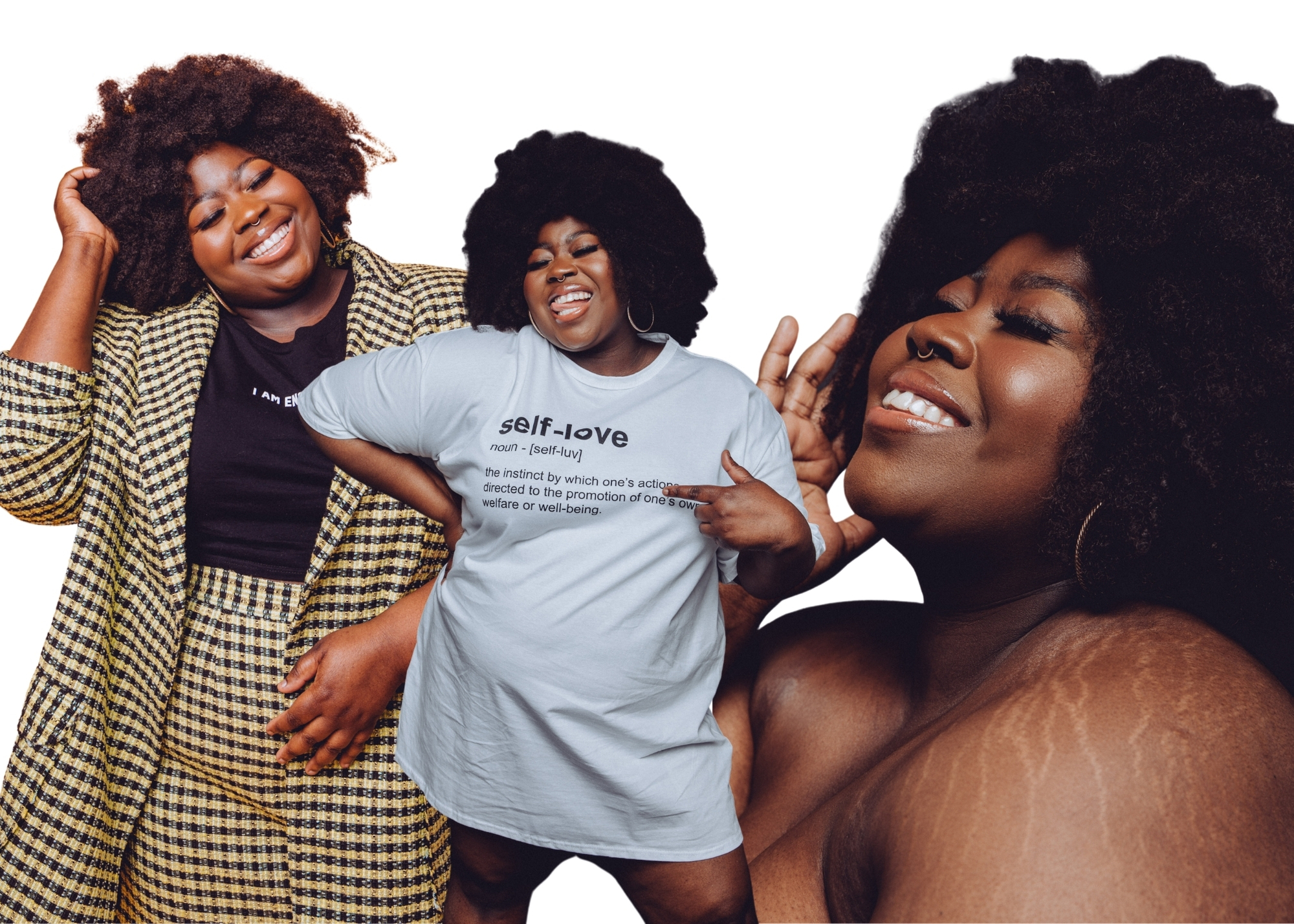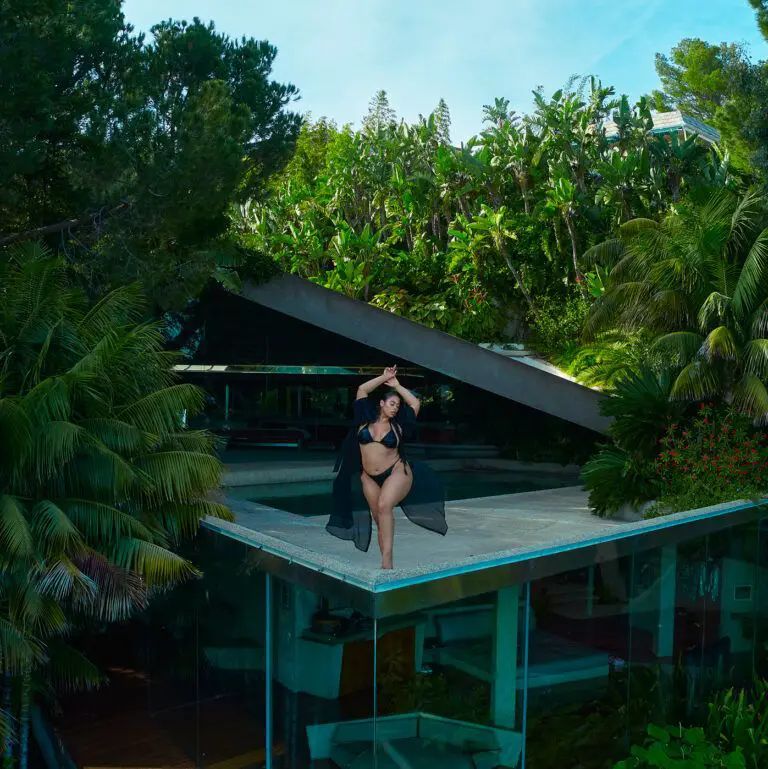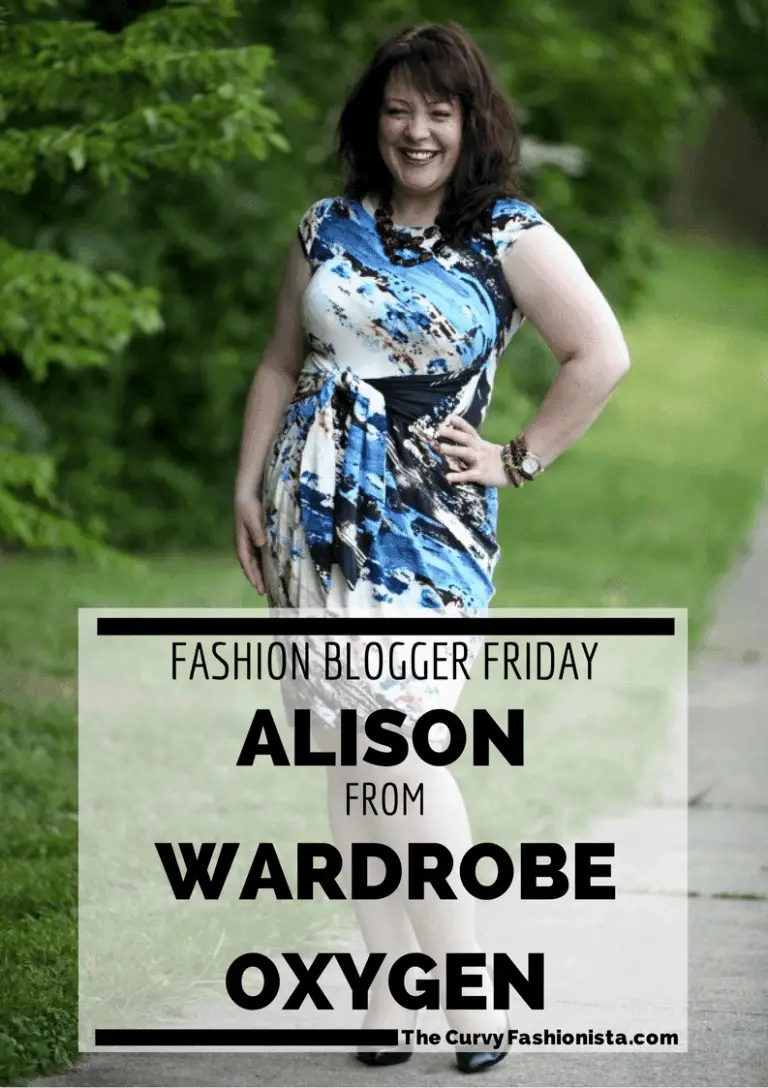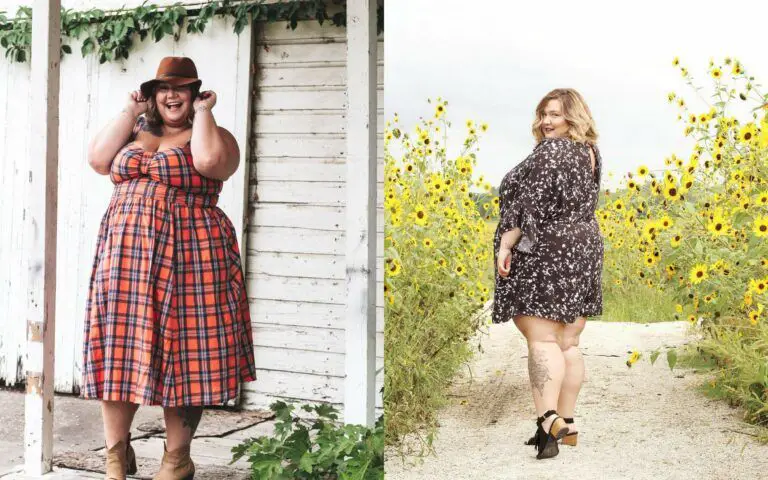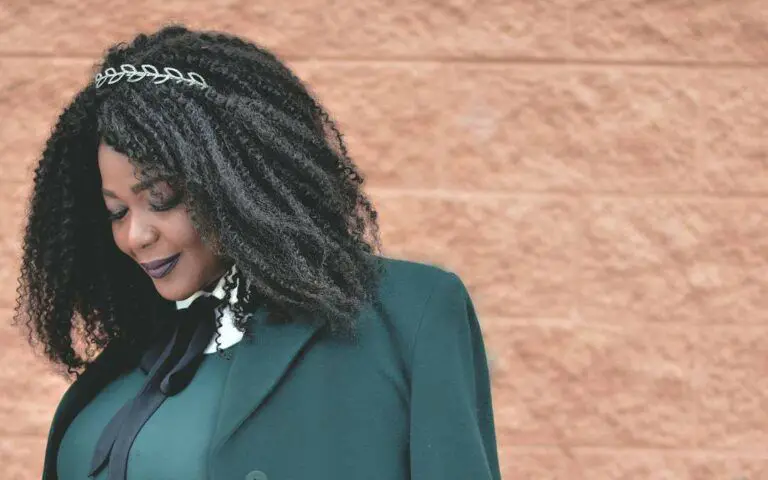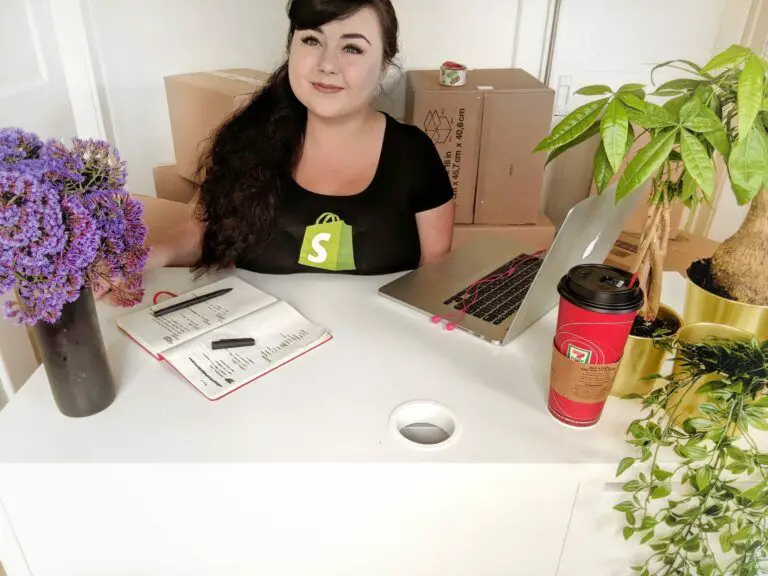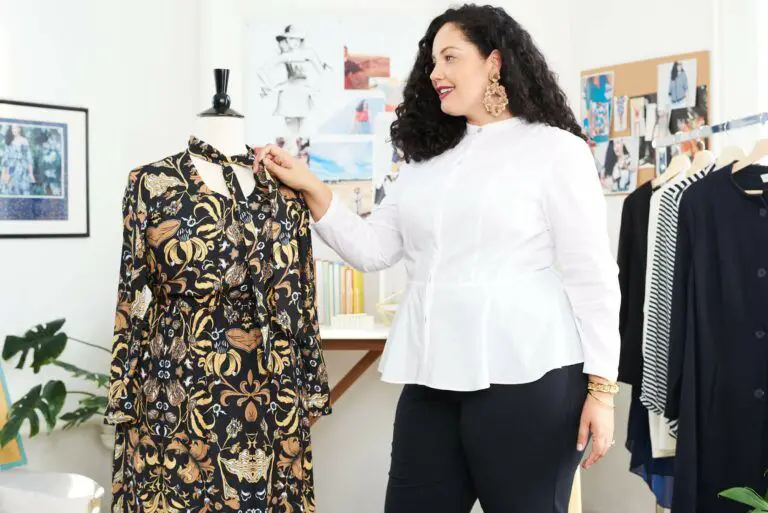Stephanie Yeboah, like most of us, has had a whirlwind of a year. She moved into a new apartment (cue Ari Lennox’s hit), indulged in self-care practices like playing Zelda: Breath of The Wild on the Nintendo Switch & practicing yoga with the help of Jessamyn Stanley , broke her ankle while traveling, and wrote this masterpiece entitled Fattily Ever After: A Fat, Black Girl’s Guide to Living Life.
Early on, Yeboah knew she didn’t want this book to be just a memoir, a glow-up guide or a “tips and trick” tell-all. Instead, she combined all of those elements to create a historical, colorful, and intentional read with the facts, figures, and receipts to match.
https://www.instagram.com/p/CB0s03yB0ra/
Yeboah stated, in an exclusive interview with The Curvy Fashionista, “I went into it knowing that I wanted each chapter to be a mixture of predominantly theory [while incorporating] elements of my life to provide context for what I was talking about, and in the third part of the chapter, I would do the fun, proactive things that people could do in order to help them on their way.”
She also included interviews with some of our favorite plus size women because she said, “I really wanted it to be like a treasure trove of information and experiences that people I think can relate to.”
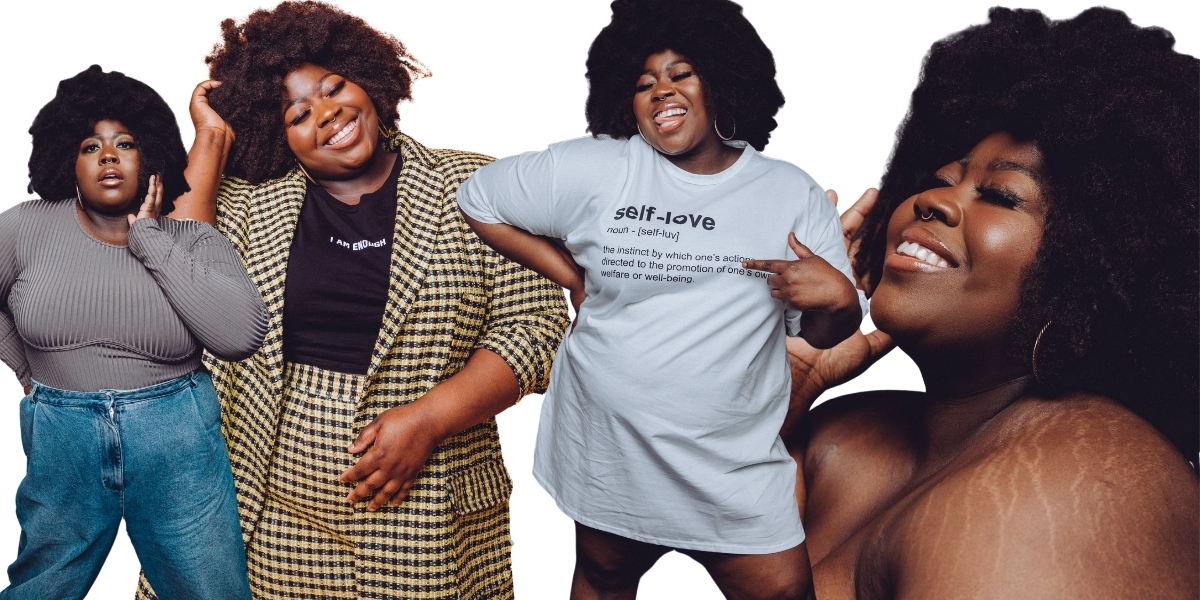
Diving into the author route for Stephanie, as opposed to being a blogger, social media influencer, and plus size advocate, racked her nerves indefinitely. However, it was the learning curve and her embodying “the confidence of a mediocre cis-white man” that pushed her through.
I want to disrupt the status quo. Stephanie Yeboah
With the plus industry being “taken over by slim white women,” she wanted to have something that was for us.
She eloquently stated, “When we say the body positivity movement was started in part by plus size Black women, you’ll have the Karens and the Beckys saying stuff like, ‘Oh, but where’s the proof,’ and “It’s for everyone,” etc. I was like, ‘No, no, no. I actually have the receipts here.’ I feel like it’s important that these things are shared.
And when it comes to historical stuff, it’s so important for context because Black bodies and Black fat bodies have been dehumanized and treated like trash for centuries. And we’re still feeling the ramifications of the way in which our bodies were treated because of our skin color.
The book I think will be read by a lot of people who aren’t in our demographic who want to learn more about what we go through. It’s also a little bit of a history lesson for those who don’t look like us, basically.”
Being second-generation West African and growing up in a very traditional/conservative family, it was deemed unsuccessful to follow the creative route of being a designer and creator.
https://www.instagram.com/p/CCYTUtnhgYQ/
Stephanie reflected, “I’ve always had a huge love of fashion and I would actually use my pocket money to buy copies of Vogue and Elle. I just loved the camaraderie and the drama of fashion, but deep down, I always just assumed that I would never have that kind of access to these fashions. My parents push us to do academic subjects— law, finance, medicine, business— and because I was very quiet, meek, mild and pliable, I just went along with what they said.”
Through this resentment for academics, Nerd About Town, Stephanie’s creative outlet, was born. She felt she didn’t have the personality for law or the look for fashion school. So, Stephanie became content with working her administrative job and living with her then-boyfriend.
That was until she hit rock bottom in 2017.

Up Close And Personal With Stephanie Yeboah
Throughout this conversation, which felt like we were simply old girlfriends, catching up on what’s happening, we discussed the resurgence of 90’s sitcoms on Netflix, including which one impacted her the most, the woes of dating including fetishizing of it all, what she feels is her life’s purpose and the meaning of fattily ever after.
The Curvy Fashionista: So 2017…
Stephanie Yeboah: I always credit 2017 as the turning point for me because it was probably the worst year of my life. A relationship ended that I didn’t want to end. In the same week, I lost the apartment that we were living in and I lost my job.
So, I slipped back into depression very quickly, and moved back home with my mom while I tried to sort myself out. It was at that point that I went onto welfare for a bit while I was looking for a new job. All of the money that I was getting I used it on photo shoots because I wanted to keep my blog running. It was the one thing that kept me going in that year of hell.
If it was still a case of me being with my ex, I don’t think I would be where I would be because, with him, I was very comfortable. I was just like, oh, I’ve got my man and don’t really need anything else. Then he went and then I was like, okay, so I’ve lost everything. I’m just going to go back to working on my blog.
And now, it’s gotten to a point where I’m here and I’m actually living the life that he wanted because he always wanted to be a journalist and an author.
Not to be spiteful but… *laughs*
https://www.instagram.com/p/CET4ylcBeE4/
TCF: I first discovered you because your tweet had gone viral about the $300 dare date situation. And since that, I’m not sure how long ago that was, but how has dating been like for you?
SY: It is exactly the same, girl. The only difference now is that I tend to get recognized a bit more on dating apps. So, somebody will screenshot a fashion post or an article that I’ve written and they’ll be like, “Oh, is this you?” And I’m like, “Yes, it is me.”
Then, they unmatch me.
Weird, I know.
It’s quite depressing at times because as much as you have people around you saying, “Oh, Steph, you’ll find someone,” and people trying to hype you up. I know that I can believe two things at once. I’m a great person with a lot to offer, but equally, I can also acknowledge that the way I look is a look that not a lot of men tend to like.
The vast amount of interaction that I get when it comes to online dating because in real life, I’m never approached and I can’t approach somebody. Online, it’s very much a case of being fetishized a lot.
They assume that you are dominant, and sassy, and hypersexual, because of the weight. It’s almost like you’re reduced to a pornographic category— the BBWs. And I feel like there’s nothing wrong with that. If these kinds of fetishes empower you and make you confident, that’s amazing.
For me, there’s the dehumanization aspect that I don’t like. I’ve never been approached by a Black guy and sometimes it’s difficult to have these conversations because I think when you’re a Black woman that tends to get attention mostly by white men, the community is very quick to call you a traitor.
And it’s just like, I literally don’t have a choice in it.
I don’t have a preference and as long as you’re taller than me and have a beard, that’s it. I don’t care about weight. It just seems to be the case that it’s mostly white men that approach me.
As much as I would love to date, it’s just not happening.
https://www.instagram.com/p/CDeYtLeBfvR/
TCF: With the whole resurgence of The Parkers, Moesha, all these ’90s sitcoms coming back to Netflix, how do you feel about all that fatphobia that was so present back then? How did you feel about it when you were growing up if you watched the show versus now?
SY: I’m not going to lie, I didn’t really watch Moesha as much, because her character annoyed me so much. I just found her so unbearable. Countess Vaughn carried that show on her back.
TCF: Yes she did.
SY: I would literally just watch it because of her. As soon as The Parkers came out, I started watching it. Do you know what the funny thing is that Countess wasn’t… I wouldn’t have called her fat. She was thick. She was curvy, an acceptable curvy. So, seeing some of the episodes on YouTube, it was actually really disappointing.
I feel like, when we talk about body positivity, I remember one of the comments that I would frequently get by white women was ‘Black women don’t need body positivity as much as white women because your men like you. Being bigger is seen as sexy, and you guys don’t subscribe to the standard of beauty or whatever.’
I’m just like, first of all, fatphobia and misogyny are rife in the black community.
Yes, being thick is probably seen as more attractive, but it’s the type of thick. It’s the Nicki Minaj-Megan Thee Stallion thick.
It’s not the Gabourey Sidibes.
There are still those standards of beauty that black women feel like we have to adhere to in order to be seen as desirable in our own communities. Just the fact that they used to have such rife fatphobia on the show, it made me feel growing up, that I must be this huge beast.
If they’re saying all of this about Countess who was a US size, what, 10 to 12 or 14 at the very most, then how would people react to me?
When she started The Parkers, that was where I found one of my biggest sort of idols/inspirations in Mo’Nique. Mo’Nique was and still is confident. She never let her weight hold her back.
Any time somebody made a fatphobic comment on the show, she would retort back. She was everything that I actually wanted to be as a plus sized woman growing up. In the UK, we don’t have any sort of Black plus sized prominent people on TV, so when I was a teenager, I used to religiously watch The Parkers because of Mo’Nique and Countess.
They were just so unapologetic and free.
They took up space, and didn’t allow their weight to hold them back from anything.
I remember seeing episodes of The Parkers where Mo’Nique was a cheerleader, and she was just doing all of these amazing things.
She was so confident in her appetite for Professor Oglevee.
TCF: And she had other guys going after her too. She went on a few dates with different men throughout the show. They showed her actively being like, “I don’t need you if you don’t want me, I can go and be with somebody else who actually desires me.”
SY: Seeing that she was being desired by these really fine ass men, I was like, “Oh, maybe one day I could find somebody conventionally attractive who would find me attractive as well.”
I think she’s probably a beacon for so many women out there. Just seeing Countess living, and being a normal teenager, getting guys, partying, and being the subject of desire, which I think a lot of plus sized women and plus sized Black women, hold quite dear.
Being able to feel needed, wanted, desired, and seeing that play out on TV is so important for me. Because up until then, I didn’t see that happening to women of my size and my color.
https://www.instagram.com/p/CDbCEnrhOad/
TCF: Who would you define yourself as outside of the fashion world?
SY: Gosh. I’m just a fat black girl from South London who likes to rant a lot about things that I’m passionate about. I am somebody that has used social media for the best part of 15 years as an online diary to process my thoughts and all of the things that I’ve gone through.
I’ve always seen writing as very cathartic for me. It doesn’t necessarily have to be really eloquent. It’s just a way for me to process all of the rubbish that’s going on [internally] onto something, an inanimate object.
Outside of fashion, I’m just somebody that is continuously fighting for the voices of underprivileged people to be heard within the masses. Because I think as a black plus sized woman, especially when you’re darker-skinned, it almost feels like we are the worst of all worlds because we experience such intense discrimination and prejudice and all of these things at every level.
So being a woman, being black, being fat, and being darker skinned fat— the misogynoir, the colorism, the racism, the fatphobia— it’s just a lot to take on when you exist in this body.
So yeah, just a fat black woman just trying to fight for our right to be heard.
https://www.instagram.com/p/CEmdMyjBjXL/
TCF: What do you feel your life purpose is overall?
SY: I feel like that’s something that I’m still trying to work out. I definitely feel like there is a form of advocacy involved. I do not want young girls to go through some of the stuff that I went through as a child. In regards to not having representation, in regards to bullying, abuse, some self-harm, depression, mental health stuff, etc.
When I see it happening to people, I get so, so upset. And so, I feel like what really drives me to keep talking and raising conversations and normalizing bigger bodies, is that I want girls and boys to grow up in a world where they feel accepted, and they feel loved, and they feel normalized.
I felt like I needed to do something for people. That’s what I really want to push.
For me, my purpose is about trying to help create and move forward the discussions of inclusivity and diversity, and teach women how to live in their truth and not be bound by the shackles of this very patriarchal, capitalist society that thrives on white supremacy and this stupid standard of beauty. I want to dismantle this system of attractiveness.
There shouldn’t be a hierarchy of attractiveness and desire, so that’s what I want to do. Everybody is worthy of being loved, desired, respected, and treated with care, and at the moment we still aren’t.
I want to disrupt the status quo.
https://www.instagram.com/p/CEe0stjBeNG/
TCF: I love that. Lastly, what does “fattily ever after” mean?
SY: Fattily ever after is coming to that point in your life when you decide that you no longer care about society’s opinions over your fat body. It’s embracing the word fat and living in your truth.
It is taking the decision to love yourself, regardless of your body type, your body shape, realizing that you are beautiful, worthy of love, worthy of all of the basic human decency and respect that everybody is entitled to, and no longer feeling like you have to perform or make yourself smaller for others’ comfort.
And say, for me, it’s just a case of …
Living my fattily ever after is basically living my best fat life and not caring about what anybody has to say about it. We don’t have to explain anything to anybody. We can just live. And that’s how we should all be.
I hate that being plus sized we have to constantly justify our existence and right to live.
And so, I guess living fattily ever after was just making the decision to not do that and to live for ourselves.
Make sure to check out more from Steph at StephanieYeboah.com!
You can pick up her book, Fattily Ever After on Amazon.com!
Will you be reading her book? Let us know if you have already ordered your copy!

